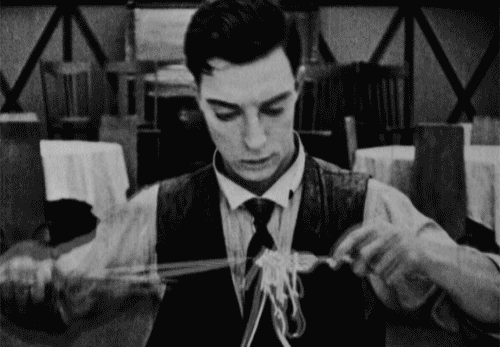
This week we went back in time on a Slow Train with a Smile lost in the Windmills of your Mind.
Smile. A reminder that the Altos start on the same note as the Sopranos
The Tenors have just a whisper of the tune, but are mainly harmonising
Of course, it is quite easy for 1st Sopranos and the bass voices as we have the tune throughout.
However, don’t be complacent as it’s important to give shape to the phrases and emphasise the soft and loud.
There is only one verse, after all, and that is repeated three times, so we must make it sound interesting and different each time.
Everyone sings Ooohs and these should be sung like Mantovani’s string orchestra; a lush, romantic, syrupy sound.
Think of owls hooting. Do not sing it like a wind going through a haunted wood!
From being owl-like sing strongly into the words of the last verse ‘Light up your face with gladness..”
And remember, “What’s the use of crying” is quiet and tender.
Eamonn’s conclusion – A cracking start!
Seated and alert we sang through The Windmills of Your Mind.
This was good in places.
It is important to sing through the consonants – Rounnnnnnnnnn…, reelllllllll, Minnnnnn, shonnnnnn etc. This takes a lot of effort to make it sound as loud as possible.
Think of the warm ups we do. They are not just fun ways to warm our vocal chords, but also helps us with these difficult techniques. It will come with practice and it really adds to the feeing and atmosphere of the song.
Another tip we were given was to put a ‘z’ on the end of ‘eyes’. As usual, watch Eamonn for the cut off and by singing a ‘z’ it is a crisp sound and not a deflating tyre hiss!
Sopranos, no slowing down at the end!
Now we know our parts we need to tell the story and when Eamonn has hands to conduct, he will be able to guide us through the overlapping sections and the stops.
It will sound gorgeous!
All our homework is paying off, so we were able to move on to a rendition of Make You Feel My Love. We haven’t done this for a couple of weeks and Eamonn said it was lovely and he was really moved by our performance.
Pleasing Eamonn always gives a good feeling!
Stepping back in time with a new song, Slow Train written by British duo Flanders and Swann in July 1963. It laments the closure of railway stations and lines brought about by the Beeching cuts in the 1960s, and also the passing of a way of life.
It takes the form of an elegiac list song of railway stations, which has been likened to a litany. Its evocation of quiet, rural stations is highly romanticised and uses imagery such as the presence of a station cat or milk churns on a platform to express a "less hurried way of life" that is about to vanish.
Although most of the stations mentioned in Flanders's song were earmarked for closure under the Beeching cuts, a number of the stations were ultimately spared closure: Chester-le-Street, Formby, Ambergate, and Arram all remain open, and Gorton and Openshaw also survives, now called Gorton. Some stations referred to in the song have since been re-opened, notably Chorlton-cum-Hardy. It had closed in January 1967, but re-opened in July 2011 as Chorlton tram stop.
Selby and Goole were not threatened by Beeching, though the line ("from Selby to Goole") mentioned in the song was closed to passengers. The other line mentioned, "from St Erth to St Ives" in Cornwall stayed open.
Michael Flanders' song treats Formby Four Crosses and Armley Moor Arram as station names, but in both cases, he combined two consecutive names from an alphabetical list of stations. Leon Berger, archivist of the estate of Donald Swann, said that Flanders had taken his list from one published in The Guardian, which was the source of some of the discrepancies between the names in the songs and the historic names of the stations.
Slow Train is very wistful, nostalgic and extremely English, like a cream tea and Noel Coward.
Eamonn told us we should all sound a little more like Noel Coward.
The piano part is the train on the tracks and the words are journey that keep moving on slowly.
We all sing the same notes until the middle section, so we can all tell the story and enunciate the words and over pronounce them which goes with the era and ethos of the song.
Jan, our lovely Finance Director, has a new position as Station Announcer!
Definitely homework on the middle section.
We can all be proud of a good night’s performance. Keep up the good work!

And remember play the comedy of the piece and don’t be timid!

